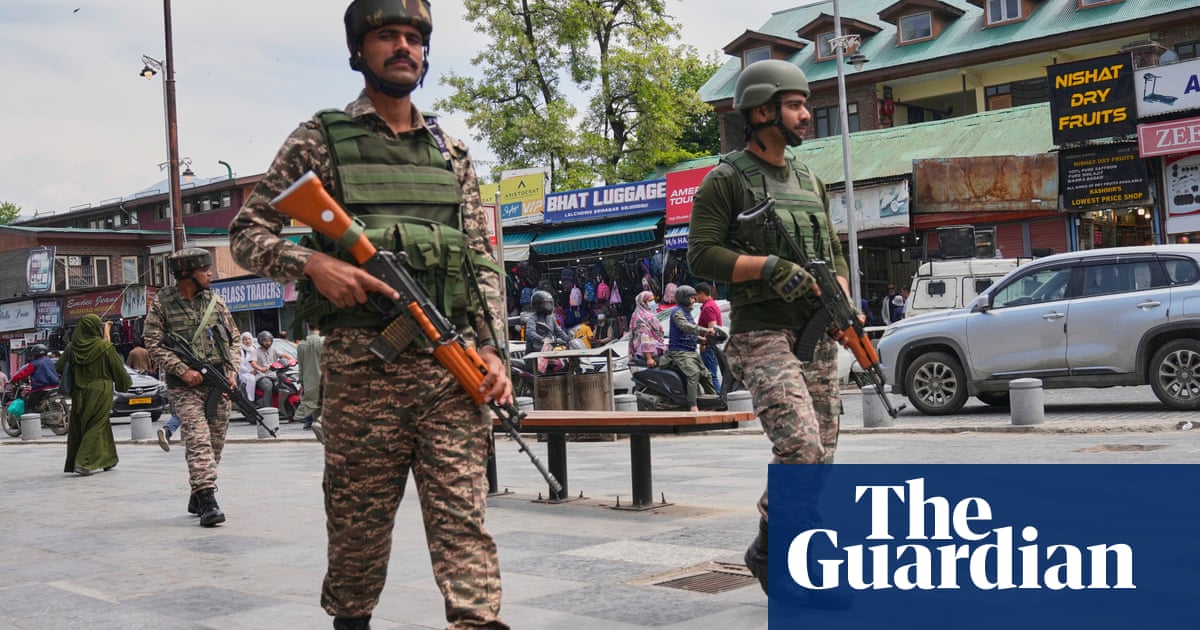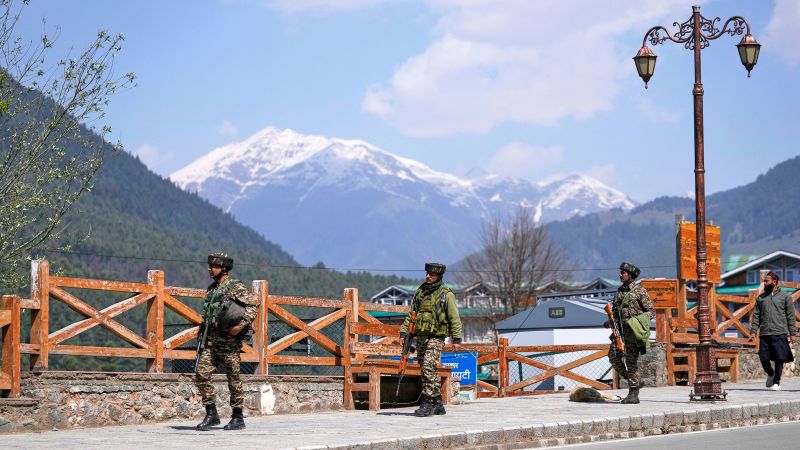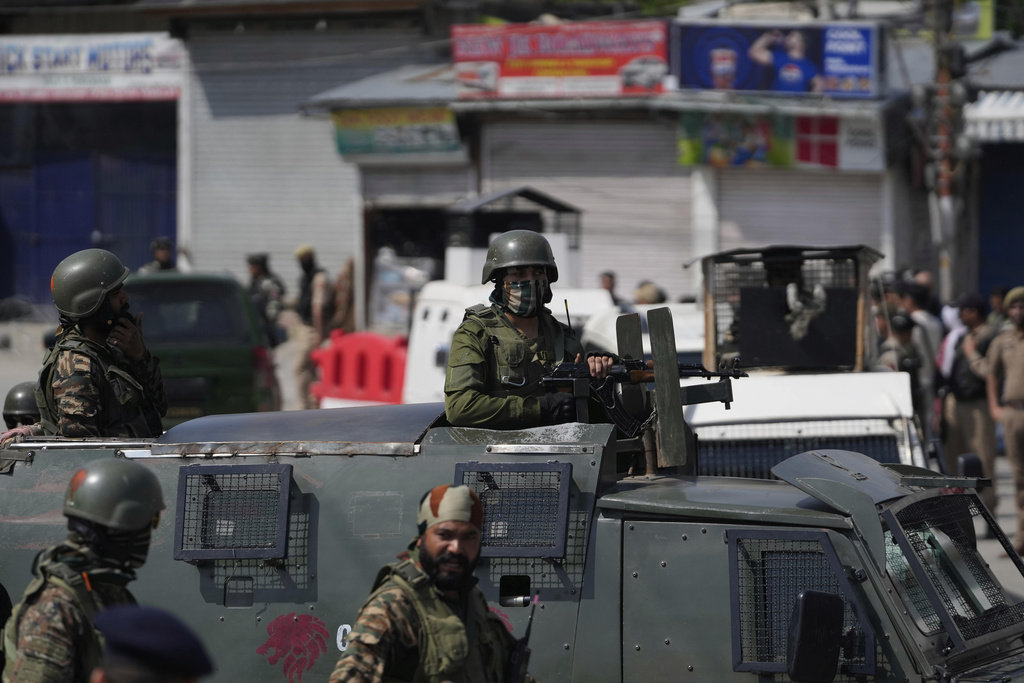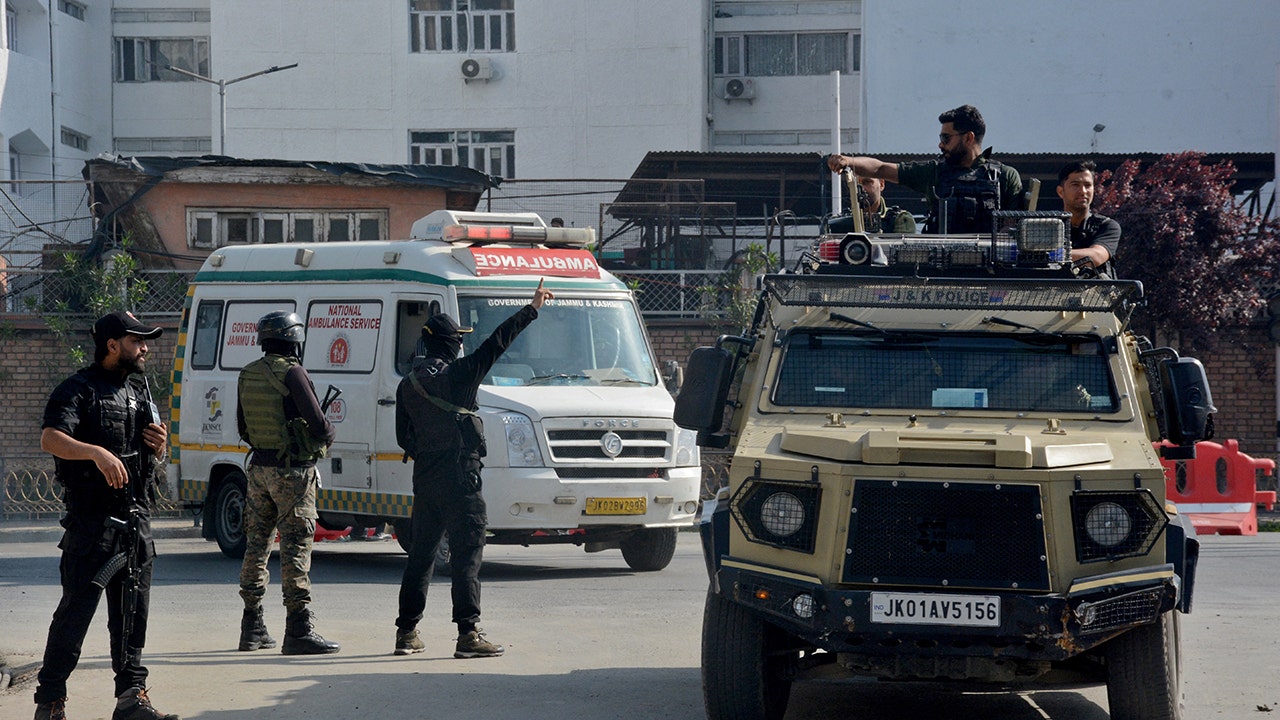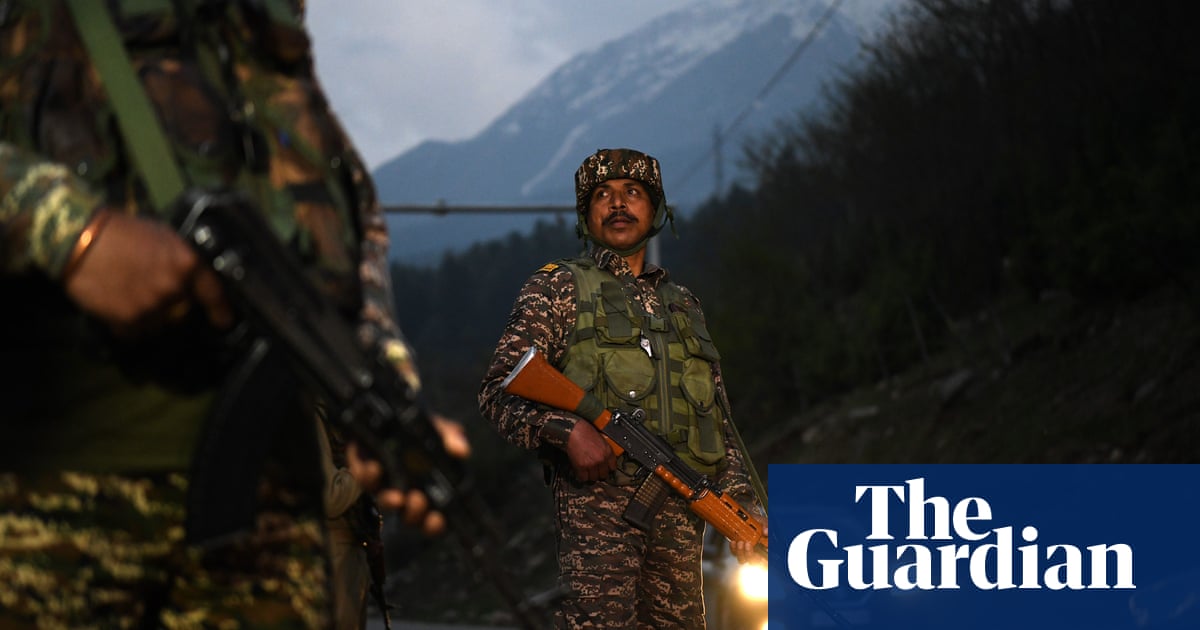Escalating Tensions Between India and Pakistan After Deadly Kashmir Attack
Following a lethal terrorist attack in Kashmir, India suspends diplomatic ties with Pakistan while tensions rise amidst harsh retaliatory measures from both nations.
Subscribe to unlock this story
We really don't like cutting you off, but you've reached your monthly limit. At just $5/month, subscriptions are how we keep this project going. Start your free 7-day trial today!
Get StartedAlready subscribed? Sign in
Overview
Tensions have surged between India and Pakistan following a deadly terrorist attack in Kashmir that killed 26, prompting India to suspend diplomatic relations and revoke Pakistani visas. Prime Minister Modi vowed to pursue the attackers 'to the ends of the earth,' blaming Pakistan. In response, Pakistan denied involvement and condemned India's actions, warning that interference with its water supply would be deemed an 'act of war.' The situation escalated further as both nations limited diplomatic staff and suspended trade, while India halted the Indus Water Treaty of 1960, heightening fears of military confrontation.
Content generated by AI—learn more or report issue.

Get both sides in 5 minutes with our daily newsletter.
Analysis
- India's decision to downgrade ties with Pakistan and suspend the Indus Waters Treaty is framed as a necessary response to ongoing violence and attacks in Kashmir, amidst growing concerns about long-term regional stability. These actions, however, risk escalating tensions further and undermining years of fragile peace-building efforts.
Articles (16)
Center (5)
FAQ
The attack occurred on April 22, 2025, in Pahalgam, Jammu and Kashmir, killing at least 26 people and injuring 17. The Resistance Front (TRF), linked to Lashkar-e-Taiba, claimed responsibility.
India suspended diplomatic relations with Pakistan, revoked Pakistani visas, and closed its main crossing with Pakistan. It also halted the Indus Water Treaty of 1960.
Pakistan denied any involvement in the attack and condemned India's actions. It warned that interference with its water supply would be considered 'an act of war.'
History
- 2M

 4 articles
4 articles
- 2M

 4 articles
4 articles
- 2M

 5 articles
5 articles



